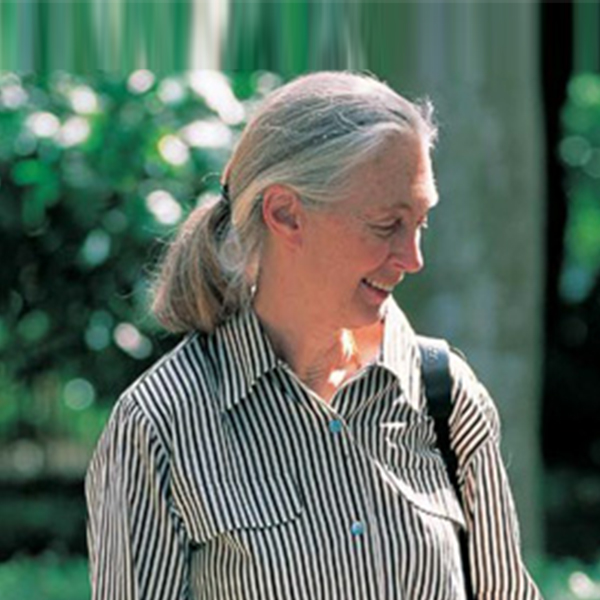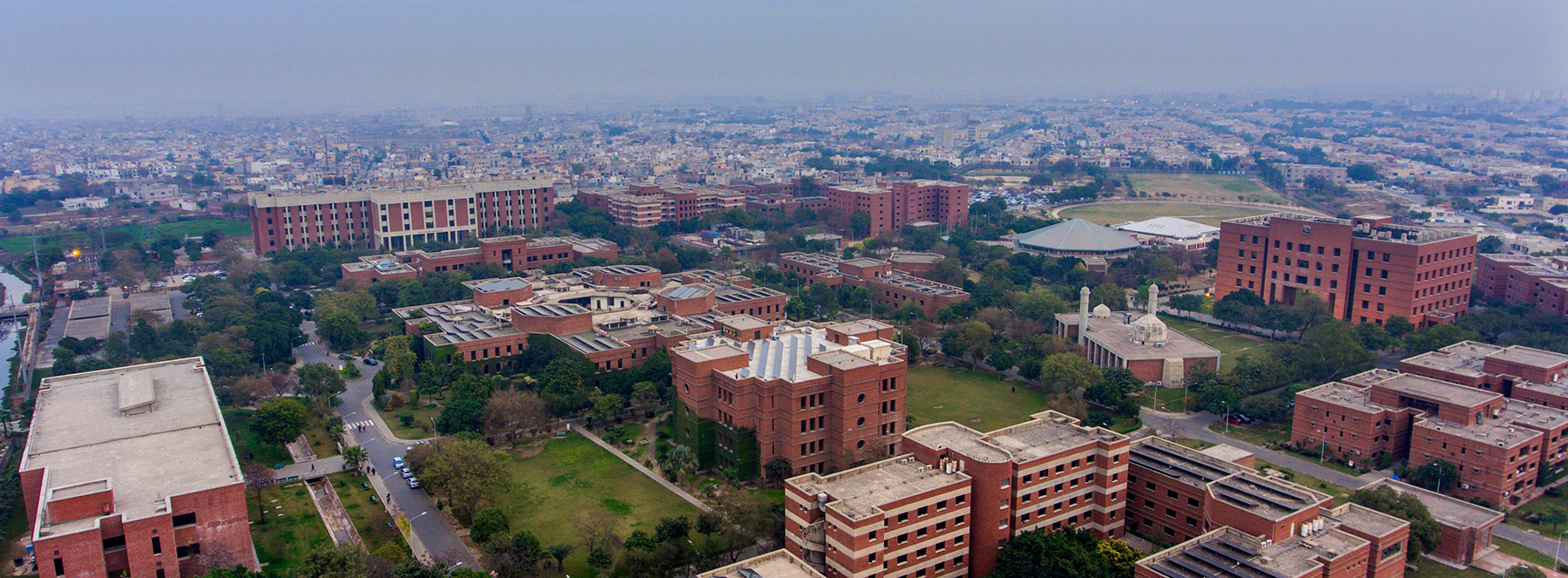
We were fortunate to speak with scientist, conservationist, and mentor Dr. Jane Goodall about the impact of global climate change and what it means for Pakistan and our planet.
Pakistan is ranked the fifth most vulnerable country to climate change. What kind of changes in business and society do you think are necessary for the future?
For many years those studying global climate have warned us about the dangerous accumulation of the so-called greenhouse gases, particularly carbon dioxide, in the atmosphere. These gases trap the sun's heat, which is causing the heating of temperatures and changes in weather patterns. It is very important that businesses and governments understand that it is simply not possible to have unlimited global economic development on a planet of finite natural resources and growing populations of humans and our livestock. Already in some places, we are using them up faster than nature can replenish them. And we all must realise that we are part of and not separate from the natural world – indeed, we depend on it for food, water, clean air – and so much else.
With more than 60 percent of the population under 30 years of age, Pakistan is one of the youngest countries on earth. How do you think the youth can be included in environmental conservation efforts?
These young people are inheriting a world damaged by previous generations. If they do not become involved now in efforts to repair some of the harm we have done and at least slow down climate change and the terrifying loss of animal and plant species, the future is grim indeed. I started a programme, Roots&Shoots (R&S), in 1991 because so many young people seemed to have lost hope. Their future was compromised, they said, and there was nothing they could do about it. But I believed there was something they could do. Each group of R&S, with members from kindergarten through university, and young people moving into the adult world, chooses three projects to help (1) people, (2) animals, and (3) the environment because all is interconnected. The hundreds of thousands of young people involved worldwide – in more than 60 countries – have thought out their projects, rolled up their sleeves, and taken action. They choose projects that will differ depending on their age, environment, culture, country, etc. And they ARE changing the world. Interestingly, two of the 12 founder members who met in my house in Tanzania were Pakistanis! I would like to welcome any Pakistani who cares about Mother Earth and the future to join our R&S family.
As a top business school in South Asia, how can we influence practice and policy in terms of climate change adaptation?
You are in the perfect position to make meaningful policy changes in this area. More than adapting to climate change adaptation, we need to slow down the warming of the globe and the loss of biodiversity. And this means a change in attitude in the business community. A mindset that realises that short-term economic gain at the expense of protecting the environment is increasingly destroying our children's future and theirs. People must think about the long-term results of how they conduct their business today. Young people in business schools are beginning to understand this; all these bright minds working out together how they can conduct the business of their choice more ethically.
Pakistan is on track towards becoming the most urbanised country in South Asia by 2025. How do you feel changing land use and consumption practices will impact future generations?
This is a problem everywhere in the world. More and more organisations are understanding the need to set aside appropriate areas of land for wildlife – for healthy ecosystems which depend on the complex interconnection between the plant and animal life. We know that destroying environments, especially forests, releases the CO2 they have stored back into the atmosphere, adding to the greenhouse gases. So planting trees and protecting habitats is of great importance. In urban areas, there is now a growing effort to plant trees and plants, to green the city. Trees help to mitigate the climate in a city, provide shade, clean the air of some pollutants, stabilise the soil and thus help to limit the damage of flooding, and improve the mental and physical health of the people living there. There is now proof that we need a connection with nature. All of this is a way of dealing with the harmful effects of urbanisation, adapting to climate change while helping at the same time to mitigate it, and giving people the chance to reconnect with nature and thus learn to love it and want to protect it.
Could you speak to opportunities in climate-related/ecological entrepreneurship?
Entrepreneurs have significant and meaningful contributions to make in leading the global march towards a sustainable future. Young people should realise that if we are to create a better world and live in harmony with nature, we need to understand more about the other species that make up this amazing, complex web of life. In the years I spent in the rainforests, I learned that every species – no matter how small – has an important role to play. If a species becomes extinct, it may impact another species that relies on it for food, for example. That species may then also become extinct. And this can lead to a ripple effect that can eventually lead to ecosystem collapse. Remember, we rely on healthy ecosystems. Once young entrepreneurs realise this, they start to work on innovative solutions. Developments in renewable energy, methods of extracting CO2 from the atmosphere, developing more efficient batteries for operating solar cars, creating new ways to recycle useful minerals from laptops and cell phones, and so on.
Your role as a trailblazer changed the landscape for women primatologists. What would your advice be to Pakistan's young women looking to work in conservation?
Follow your dreams. When I dreamed of going to Africa and living with animals when I was 10 years old, everybody laughed at me: How will you get there? Your family doesn’t have money. And anyway, you’re just a girl. Dream about something you can achieve. But my mother said, “If you really want something like this, you’ll have to work terribly hard. You’ll have to take advantage of all opportunities. And if you don’t give up, maybe you’ll find a way.” That’s the message I take to young people all around the world, particularly in deprived areas. So many people have said or written, Jane, I want to thank you because you taught me, because you did this, I can do it too—meaning follow your dreams. Also, for every young person of either sex, if you want to go into conservation, you must really be passionate – it is often hard, even dangerous work. It is not easy to get money. Good idea to volunteer with a conservation organisation for a few months, test yourself. But, if in the end, if you really are convinced that this is what you want- go for it! And don’t give up.
How can we build a more sustainable world post Covid-19?
Each one of us must try to leave a lighter ecological footprint every day. Consider what we buy and if its production harms the environment, is cruel to animals, is cheap because of unfair wages paid – then don’t buy it. In this way, consumers can influence business leaders to adopt more ethical practices – and this will often influence governments. One thing is for sure - if we continue with business as usual, we shall eventually see the ecosystems of the planet collapse. And that will mean the end of life on this planet as we know it. And that includes us.
During the pandemic, when countries were in lockdown, many industries closed. There was less traffic. Perhaps for the first time, people in big cities had the luxury of breathing clean air and looking up at night and seeing stars in all their brilliance. Understanding what life could – and should – be like, perhaps there will be a groundswell of people thinking they don’t want to go back to the old ways. And it is the youth that can help develop a new way of relating to nature and a new more sustainable economy.


